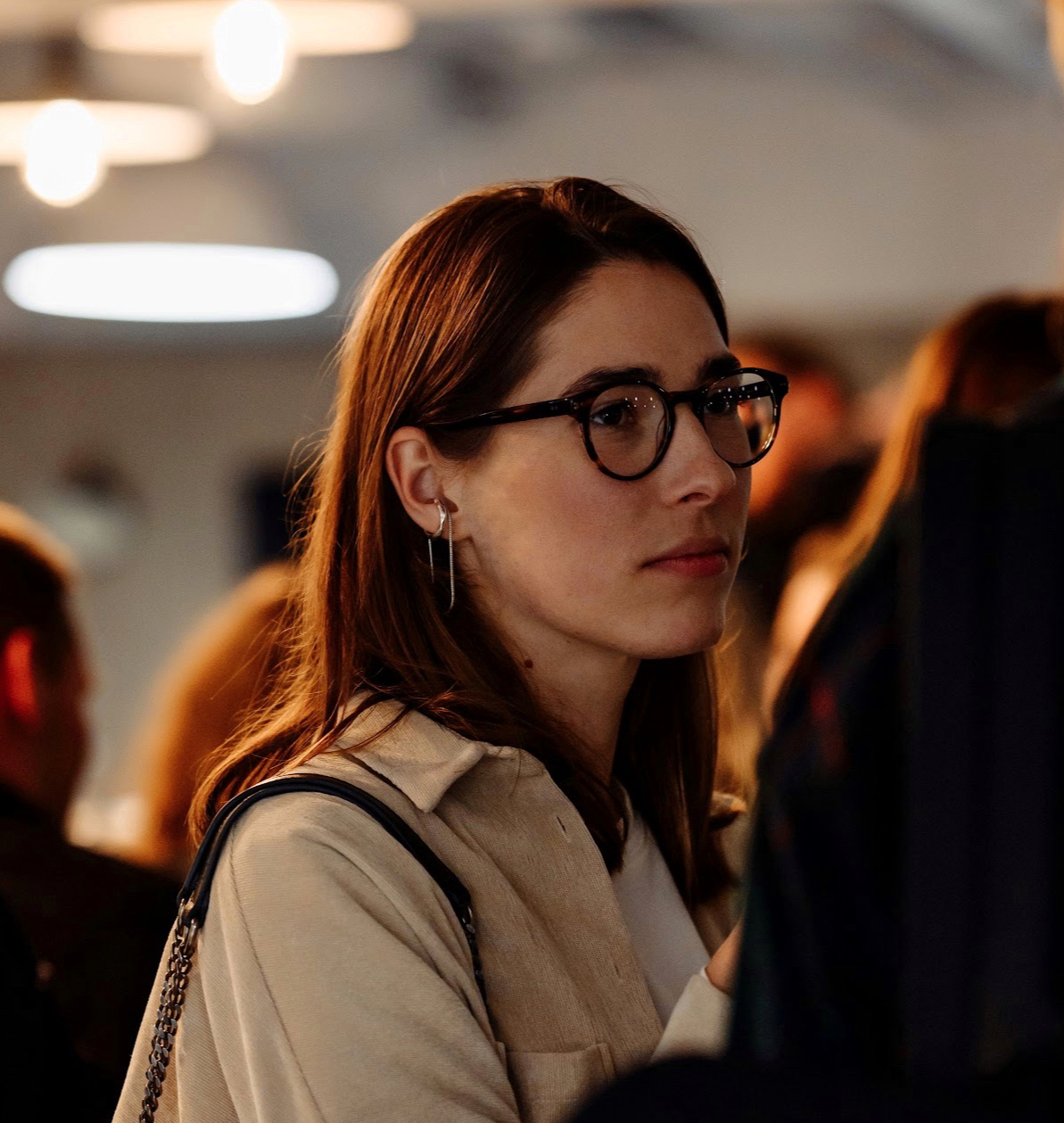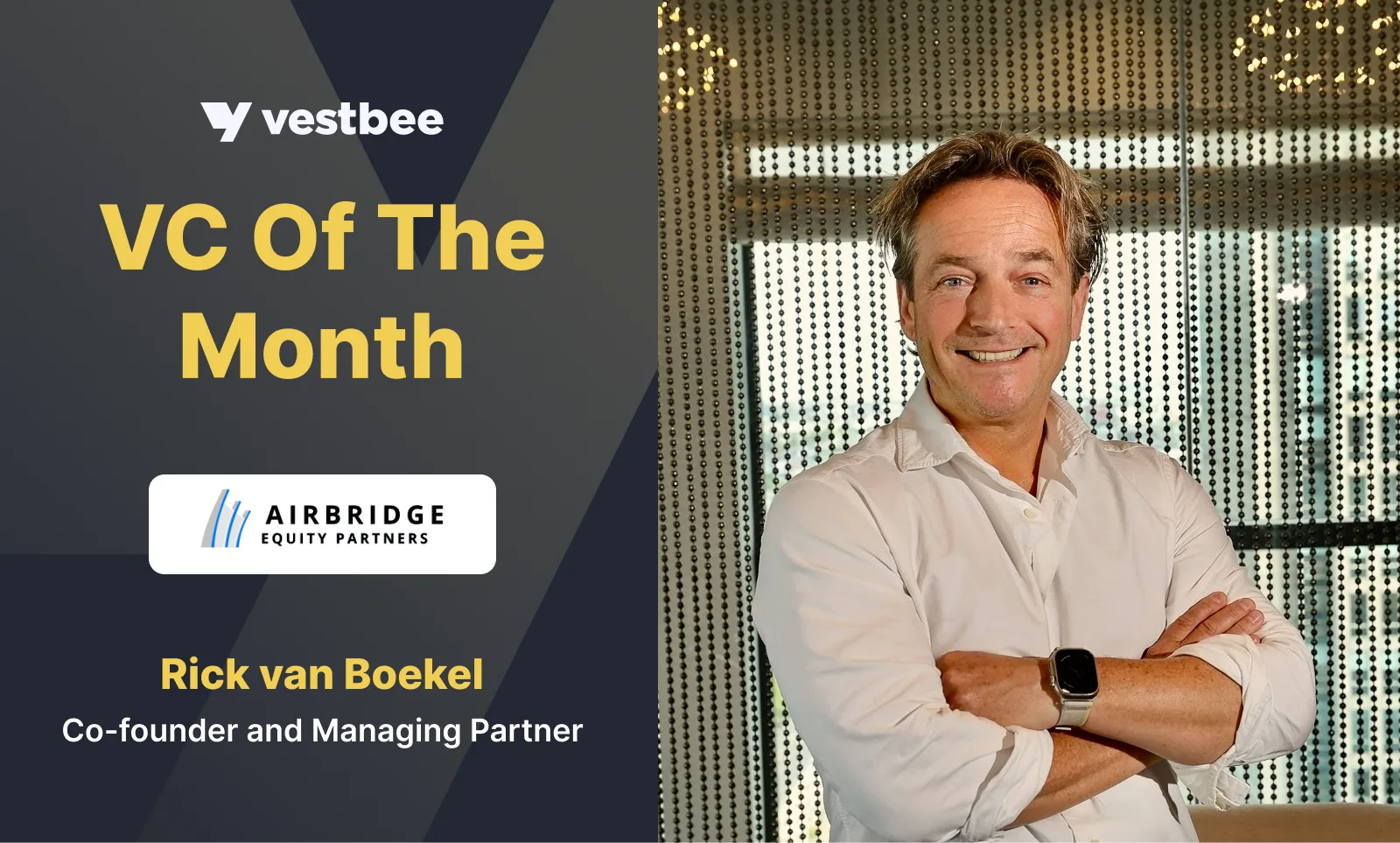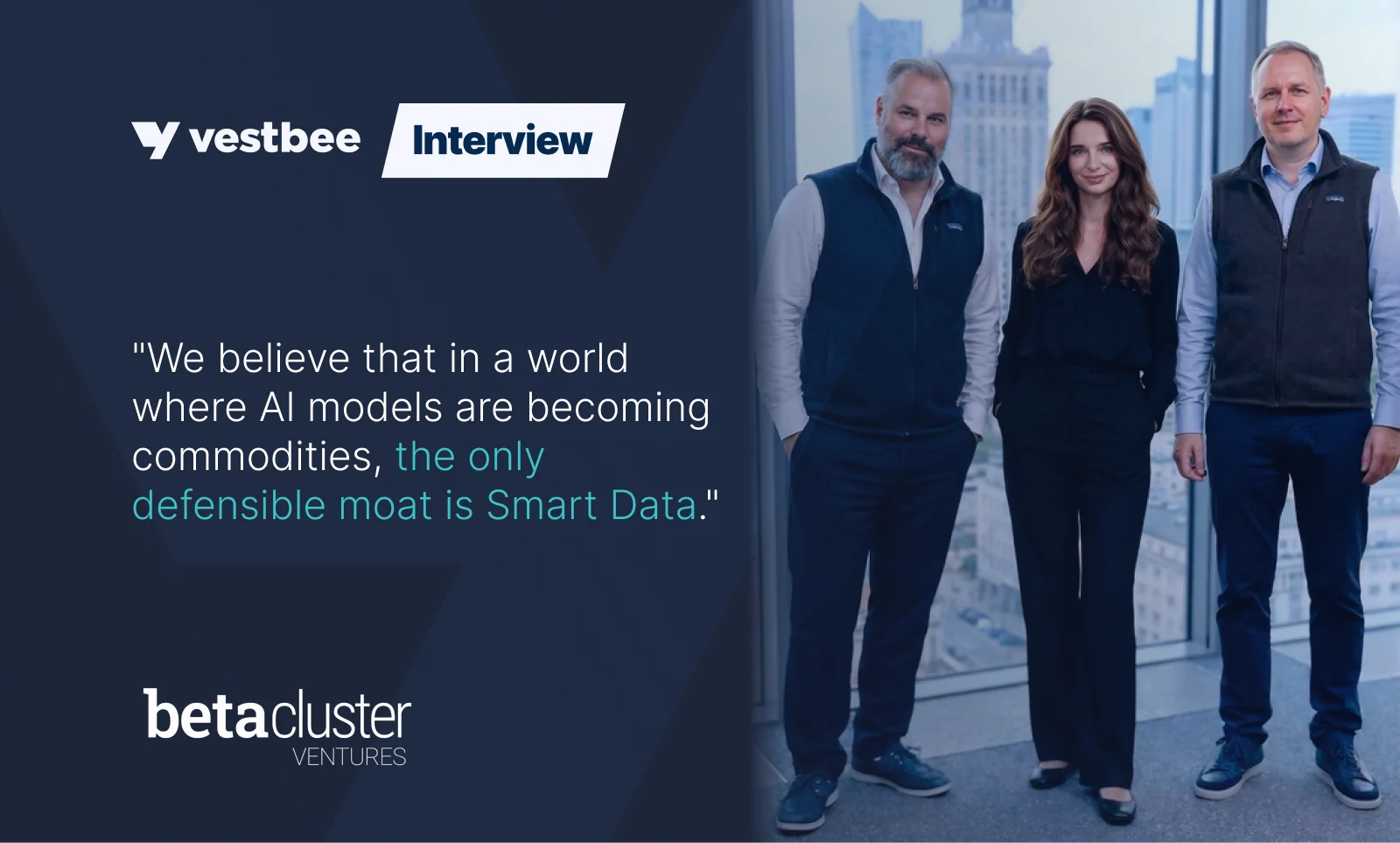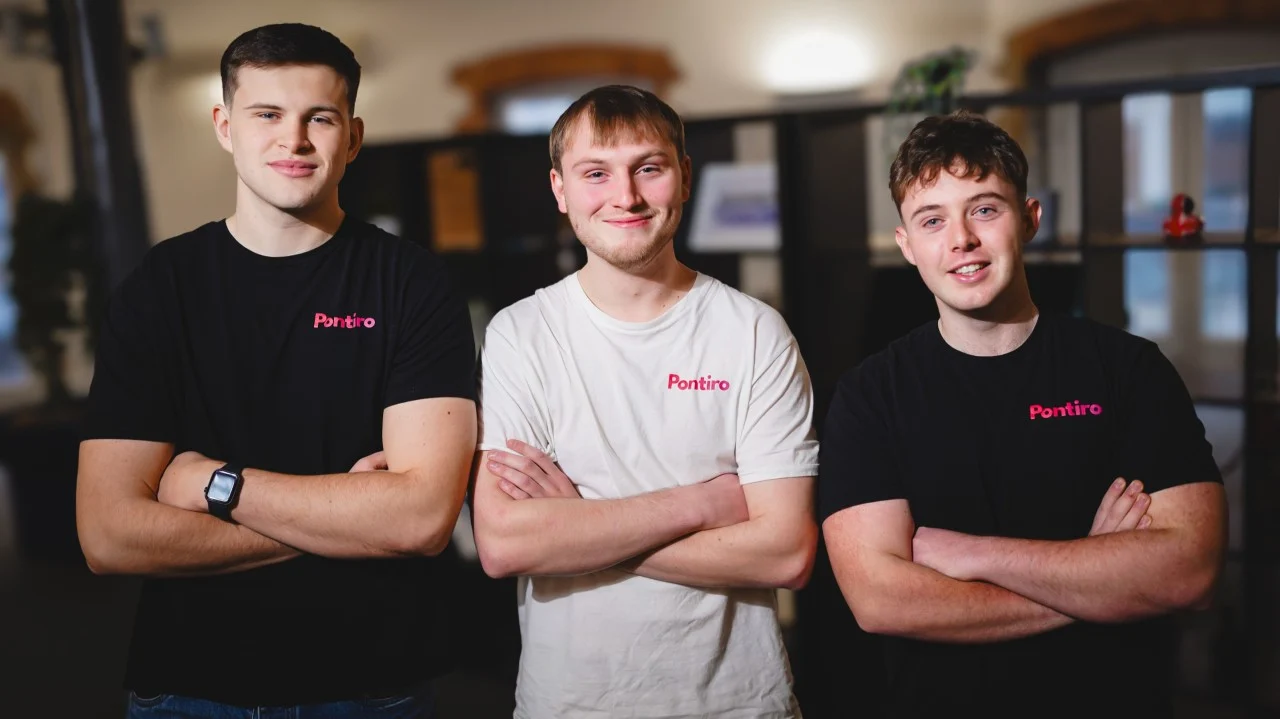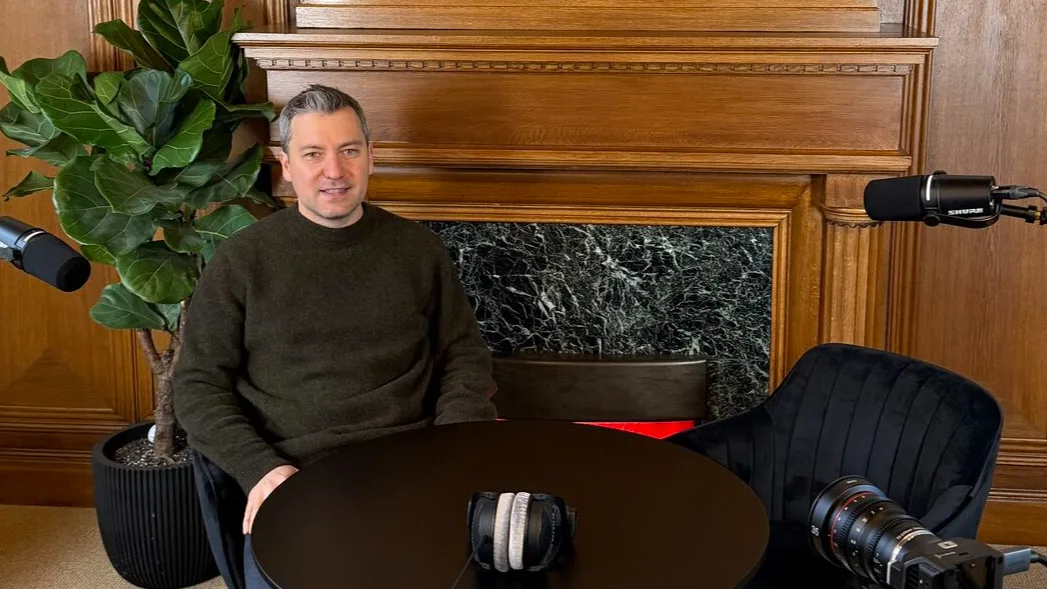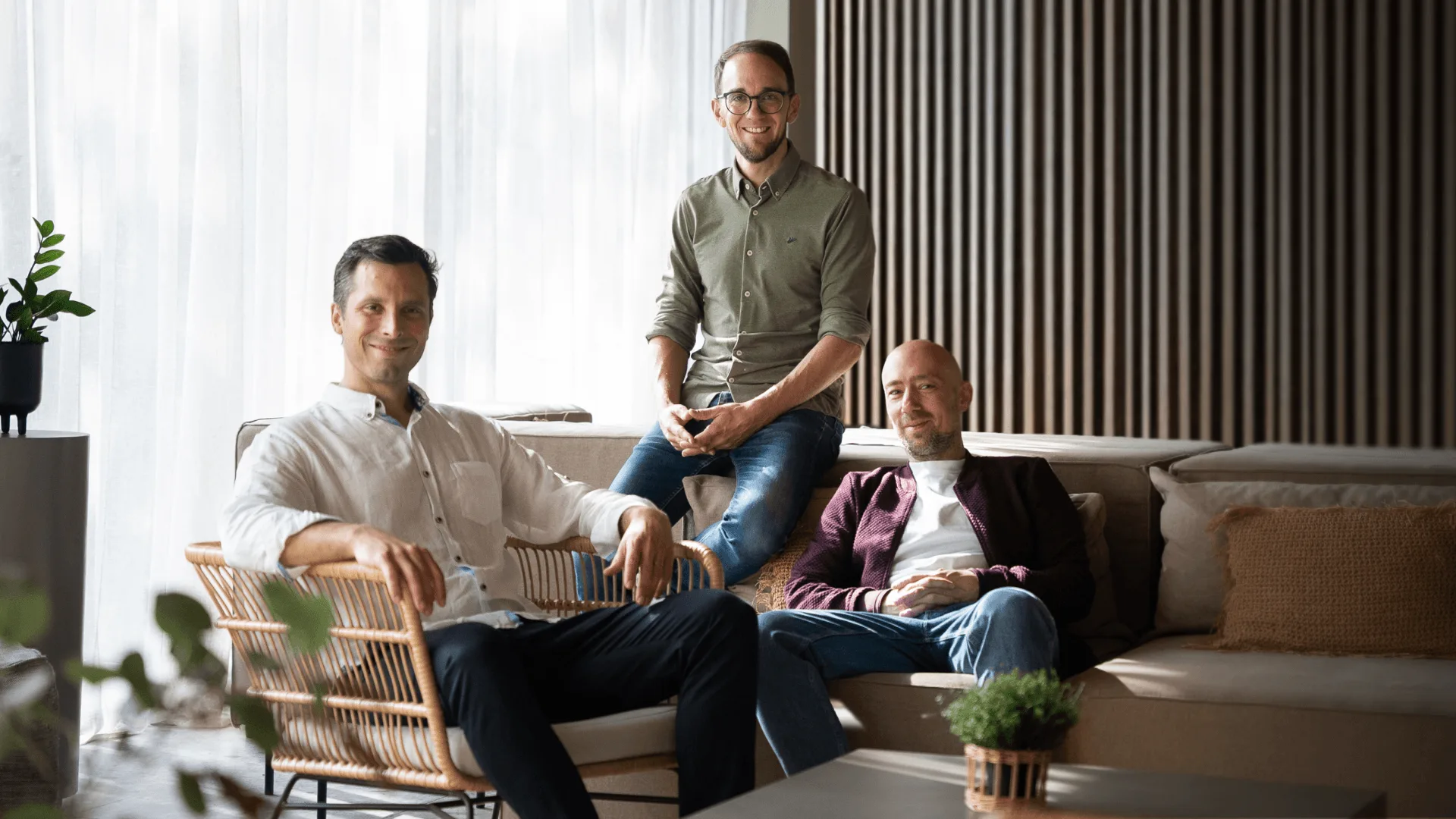Established in 2012, Eleven Ventures has become one of the most active funds in Southeastern Europe, with close to 200 investments made since its inception. We met Valeri Petrov, Partner at Eleven Ventures, at Vestbee’s CEE VC Summit, where he participated in a panel discussion focused on boosting the number of unicorns in the region. Valeri shared his perspective, emphasizing the necessity of a common infrastructure for the CEE ecosystem to achieve this goal.
During the interview, we delved deeper into this, discussing the significance of brand awareness in the VC landscape, and Eleven Ventures' upcoming plans to expand its portfolio with Polish startups and initiate a new fund in the near future.
Let’s start with overview information about Eleven Ventures. Tell about the fund, for example, for those who are looking for investments, but know nothing about it.
Eleven Ventures is one of the pioneers of the ecosystem in Southeast Europe, alongside LaunchHub and two other funds. They were at the forefront of building this ecosystem, starting 12 years ago. Since then, we've made close to 200 investments across Europe, with around 60 of them currently active.
Our DNA is very much in the very early stage, because we started back then in 2012 as an accelerator. So we know how to work with early-stage companies. We have a big team, probably one of the largest teams in Central and Eastern Europe, especially counting, let's say, the assets and the management.
We also have an in-house platform team that is working to support our portfolio companies in a structured manner — with aspects such as go-to-market strategies, hiring, and CFO-as-a-Service. Everything is focused on building the companies in a way that helps them, especially the very early-stage ones, to reach their product-market fit, which is crucial, and also to be well-prepared for the next rounds.
We are focused on four major verticals: fintech, healthtech, future of work, and technologies in sustainable food. And opportunistically, we do, of course, some deals in other verticals as well, but we try to stick to these four. Currently, we're investing our third €60 million fund.
What about exits?
I can't provide you with the exact number but some of the exits worth-mentioning are SMSBump, which was acquired by Yotpo in 2020 (the biggest exit of a company backed by Bulgarian VCs), and Metrilo, which was acquired by Sendinblue.
Something interesting is that we initially started with an accelerator fund. Later on, we bought out the institutional investor there using private capital and listed it on the Stock Exchange. So it's still publicly traded and performing well, with some notable companies like Dronamics included in the portfolio.
It has recently raised €10 million.
Yeah, but it was just another funding round for them, so they'll likely be raising Series A soon, which could be over €15 million. But it's truly an amazing company. It's part of the listed portfolio, which is practically liquid. So, you can enter and exit easily.
Speaking of exits, they provide a lot of liquidity to investors. We also have companies like Enhancv that deliver dividends each year, making it a very profitable investment. We are also among the first investors in Payhawk, which is the first Bulgarian unicorn, and Quantiv, a pretty big company now, and many others.
What about the geographical reach?
In terms of geography, naturally, we have the ability to invest globally. However, the vast majority of our portfolio is currently concentrated in Southeastern Europe, distributed among countries such as Bulgaria, Romania, Greece, Serbia, Croatia, Slovenia, and Turkey.
We hold a very optimistic outlook for the Polish market, and as a result, we intend to focus special attention on it.
Do you have any Polish startups in your portfolio?
Not yet. But we do have a big pipeline.
Actually, I'd like to shift the focus to the Bulgarian venture capital market now. I'm interested in understanding its current dynamics.
When it comes to the Bulgarian venture capital market, we hold a particular philosophy. We don't believe very much in local micro-ecosystems. Instead, we believe in the necessity of scale and infrastructure for an ecosystem to thrive.
We believe, and actually I keep saying it everywhere I go, that an ecosystem needs scale, needs infrastructure. And this scale could be achieved if we look at the markets and see them as one ecosystem. Of course, it's still not the case. Each country has its own micro-ecosystem, I'd say, a little bit closed, although it's less and less possible.
But I think that in Poland, being, of course, the largest ecosystem in the CEE, a lot of people share a similar perspective, advocating for the unification of the entire CEE region into a single ecosystem. So this is how we should work in order to achieve the scale that we need.
Returning to your question about the Bulgarian ecosystem, it's showing remarkable dynamism. It's developed as much as most of the other ecosystems. I mean, if you look at the numbers, you will see that there are quite a few good companies coming out of that ecosystem. There is a big number of funds now. When we started, it was only us and LaunchHub. Now there are 20 funds in Sofia. So it's going well, in the right direction.
Of course, we also need, let's say, a pipeline and a number of founders in order to be able to choose. This is why, again, the regional approach is much better.
Could you please provide further clarification or details regarding the common infrastructure you mentioned for the entire region?
If the ecosystems are open between each other, which usually applies to a large extent, especially with government funds in each country, if they allow their funds to invest regionally rather than locally, it will support interaction between all the countries. Then, practically, the number of LPs will increase tremendously with access to the whole region. Secondly, access to the pipeline will facilitate an exchange of companies, and co-investments will be much easier, I think. Not that we are not doing it now, but I would say it's limited to a very few number of funds that are doing it.
I think that's why we are not acting regionally, because this is the structure they have. Many funds are simply local, with local mandates, so they cannot do it, even if they want to. And I think this needs to change.
Is this connected with some governmental limitations?
I think, yeah. Let's say, if the governments understand that taxpayers' money has to go into the country it's coming from on one hand, but if they start exchanging, it will be okay.
So this is the question of money flow.
It's just money flow. And taxpayers in all countries will benefit from that.
What other challenges are you currently facing as a fund?
We believe that the CEE region is still very much underestimated by large investors and LPs. Dealroom, during their report presentation, was saying that there are more than 50 unicorns coming out of the CEE. And it's 13% of the total number of unicorns in Europe. And it was done only with 2% of the capital allocated to this region. Only 2% of the total VC capital in Europe comes to the CEE, but we have 13% of the unicorns, which means the capital is much more efficient here now. So, if you multiply it by five, six times, it's much better than in other countries.
Probably it's also our fault that we're not vocal enough, and we're not stressing enough,, the success that the ecosystem in the region has, and that quite a few big and well-known companies came out of this ecosystem. And this is something that we need to make an effort.
Again, if we're a common ecosystem, we can make common efforts to increase visibility and be more vocal within larger ecosystems, like the US, the UK, and Western Europe, so they can pay more attention. Then we can attract more capital and inflow. We have talent here, a proliferation of talent, but there is also a lot of talent located in different places, emerging from the region. In all countries here, we have many people, in the US, in the UK, and in other places, in other ecosystems, who are working. So, probably we should find a way to attract this significant part of them to come back and develop businesses, and to help the whole ecosystem grow further.
This is what Staffan Helgesson, co-founder of Creandum, also said during his panel, emphasizing the importance of brand awareness for VCs. It's something he highlighted as crucial for funds, and I believe Eleven Ventures is doing well in this aspect.
Well, I hope so. I think we have a very, very strong marketing team, and they're doing a great job. Definitely.
So, you're on track. And actually, I'd like to ask you a few questions about your current third fund. Could you please tell me a few words about how it's performing?
We currently have a pretty decent portfolio of 30 companies in the third fund. We plan to make a couple more investments, and the rest we will keep for follow-ups. This means the total portfolio in this fund will reach 35 to 40 companies.
Our initial ticket varies between €250,000 and €1.5 million. So, the average investment is around a million, considering the amounts we're putting into the companies.
When it comes to founders and your portfolio startups, what specific factors do you pay attention to when considering investment?
Most of the funds are looking for similar things, but especially at the early stage, what is very, very important is the team. It's in the first place. Of course, how big the problem that they try to solve is, which means do they have potential for global coverage and scaling. We try to invest only in teams with ideas that can really be easily scaled in big markets globally, possibly.
And then, of course, if the problem and the team are kind of okay, we look at if the product that they are developing is capable of solving this problem, if this team is the right team to execute it. If they have the right mindset, that's also very important. They should have the mindset of unicorn founders, of global leaders, let's say.
So how could you then recognize, like at an early stage, this potential unicorn leader?
It's a combination of all the things that I mentioned. Also, the approach, I mean, sometimes you can see it in the eyes of the people: either they really have the ambitions, or they simply want to develop a nice little business. This is also fine, but it's probably not the preferred type of founders.
It might be a matter of intuition for experienced investors.
Intuition, yeah, but it comes with experience. But of course, we make mistakes, like all people, unfortunately. That's life.
What's next for Eleven Ventures? You mentioned plans to raise a new fund.
We are still contemplating our strategy. What is certain is that we don't intend to move into any other stages. Our DNA is early stage. We believe we have the best playbook for pre-seed and seed investments. So we want to continue with that strategy. We will probably keep the same verticals for the next funds. However, we may develop a new plan.
Probably, we will start creating some local pre-seed funds in addition to our regional seed fund. This way, we can better utilize our capability to build companies from scratch at a very early stage, generating a pipeline locally in the best markets, and then complement this with the regional seed fund. So that's something that we are contemplating.

